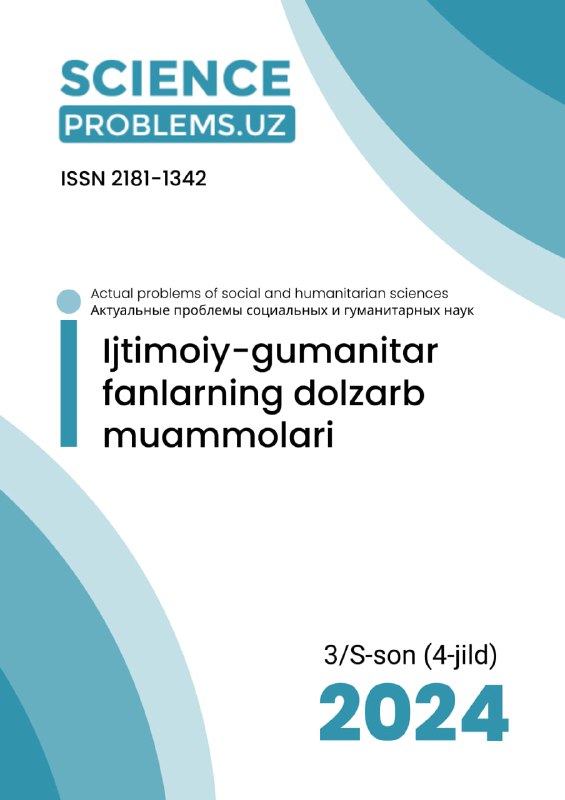COGNITIVE PROCESSING AND MEMORY TECHNIQUES IN CONSECUTIVE INTERPRETATION
DOI:
https://doi.org/10.47390/SPR1342V4SI3Y2024N48Keywords:
consecutive interpretation, memory strategies, translation performance, psychophysiological characteristics, translator training, cognitive processes in translationAbstract
This study investigates the psychophysiological characteristics and memory utilization in professional translators specializing in consecutive interpretation. Utilizing a comprehensive questionnaire, the study gathered data from practicing translators to understand how mechanical, logical, and imaginative memory strategies impact their translation performance, particularly focusing on spoken information retention over extended periods. Results indicate a strong preference for logical memorization due to its effectiveness in structuring and understanding complex information. However, imaginative memorization also plays a crucial role in scenarios requiring dynamic translation solutions. These findings suggest that training programs should emphasize versatile memory strategies to enhance translation accuracy and efficiency.
References
Alekseyeva, I.S. (2001). Professional Training of a Translator. Saint Petersburg: Soyuz.
Miram, G.E. (2006). The Profession: Translator. Kiev: Elga N-Center.
Minyar-Beloruchev, R.K. (2001). How to Become a Translator. Moscow: Gothica.
Satibaldiyev, E. (2023). BILINGUAL PHONOLOGICAL SYSTEMS: UNRAVELING CROSS-LINGUISTIC INFLUENCE. American Journal of Pedagogical and Educational Research, 17, 142-144.
Satibaldiyev, E. (2024). COGNITIVE VIEW OF BILINGUALISM AND LANGUAGE DOMINANCE IN THE TRANSLATION. Western European Journal of Linguistics and Education, 2(1), 5-8.
Temirova N. A. (2023). CONSECUTIVE INTERPRETATION AS A TYPE OF ORAL TRANSLATION. Academia Science Repository, 4(6), 197–204.








